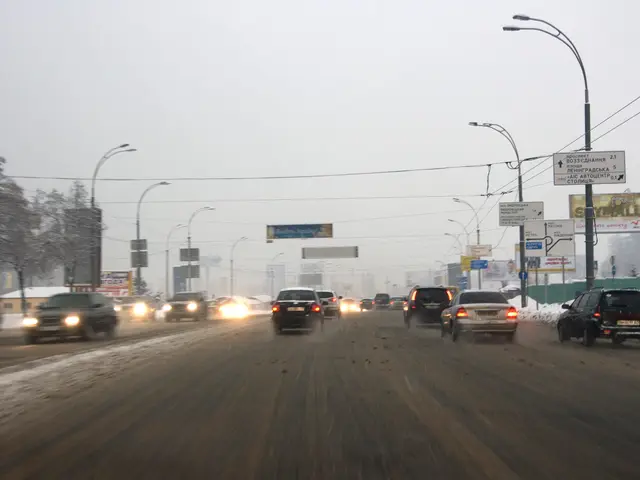Prora Youth Hostel's Complex History Overlooked Despite Pacifist Past
The youth hostel Prora, opened in 2011, has a complex history that stretches back to its origins as a Nazi seaside resort. Despite its past, the current eco-hostel seems to overlook significant aspects of its search history, including its role in the Cold War and the pacifist movements that once filled its rooms.
Prora's history began as the Nazi seaside resort 'Strength through Joy' (KdF), intended to provide leisure for the working class. However, the war prevented its completion. After the war, the Soviet occupiers transformed Prora into a large barracks, creating the military face of Prora by 1956.
The youth hostel, opened in 2011 with 400 beds, excluded a room with a painting that represented regime criticism. This decision seems to overlook the power of pacifism that once filled its rooms. The hostel also refuses to present the multifaceted history that includes all military units, such as the only paratrooper battalion of the GDR established there in 1960.
Construction soldiers in Prora played significant roles in East German history. In 1984, they exposed the falsification of communal elections, and in 1986, they refused to accept a commemorative coin for the 30th anniversary of the NVA. Prora was also the largest location of conscientious objectors, with around 3,000 young men employed in the construction of Mukran ferry port from 1982 to 1989.
The promised educational center in the former barracks section next to the youth hostel has been delayed due to increased costs, with 20 million euros now spoken of. The Denk-MAL-Prora project, financially supported by the EVZ and the BMF, aims to address this educational gap.
Prora's history is a testament to the region's resilience and the power of pacifism. Despite the eco-hostel's current focus, the need for a comprehensive educational center to present all aspects of Prora's history remains clear. The delayed project, with its increased costs, highlights the importance of remembering and learning from the past.








